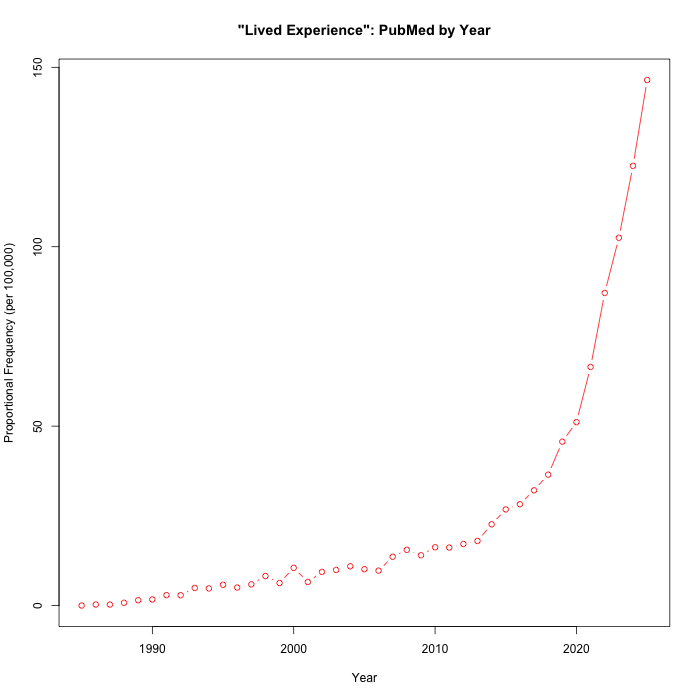Big Leech
Alexandra Petri, "A Dispatch from the MAHA Future", The Atlantic 8/5/2025:
“Did you see the game last night?” I ask Greg.
The year is 2029 and we are taking the New, Improved Presidential Fitness Test. The Secretary put some special touches on it himself. My wearable (we all have to wear wearables now, since the Secretary’s mandate) says that I still have 5,000 more steps to go. If we don’t pass our Presidential Fitness Test, we’ll have to visit the Wellness Farm to pick turnips and be “reparented.”
“No,” Greg says. I can sense that Greg is flagging. “Ever since the Leeches First mandate, I’ve had to spend most of my time, you know.” He bends down to pluck a leech off his calf. It lolls about, engorged with blood. He deposits it carefully into his leech pack.
We both sigh. The leeches are the worst. Before taking what used to be called medicine (it is now, according to the CDC’s revised guidance, Just One More Supplement, No Better Or Worse Than Any Other Supplement), the Secretary insists that everyone “try leeches.” The papers at the time described this new mandate as a Huge Triumph for Big Leech. We walk past a billboard with a reminder from the CDC: Don’t Forget to Leech and Bleach! We feel pretty bad most of the time.
Read the rest of this entry »
